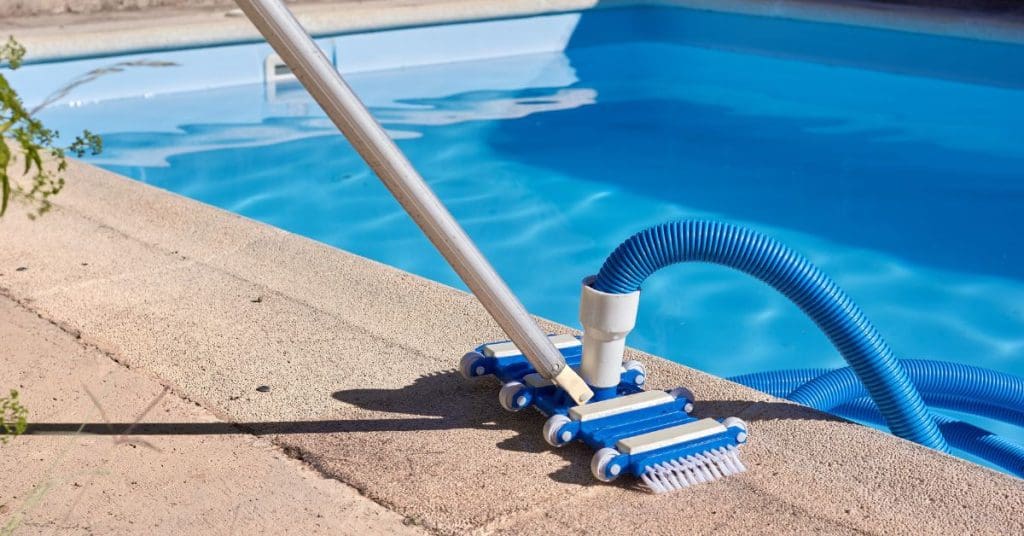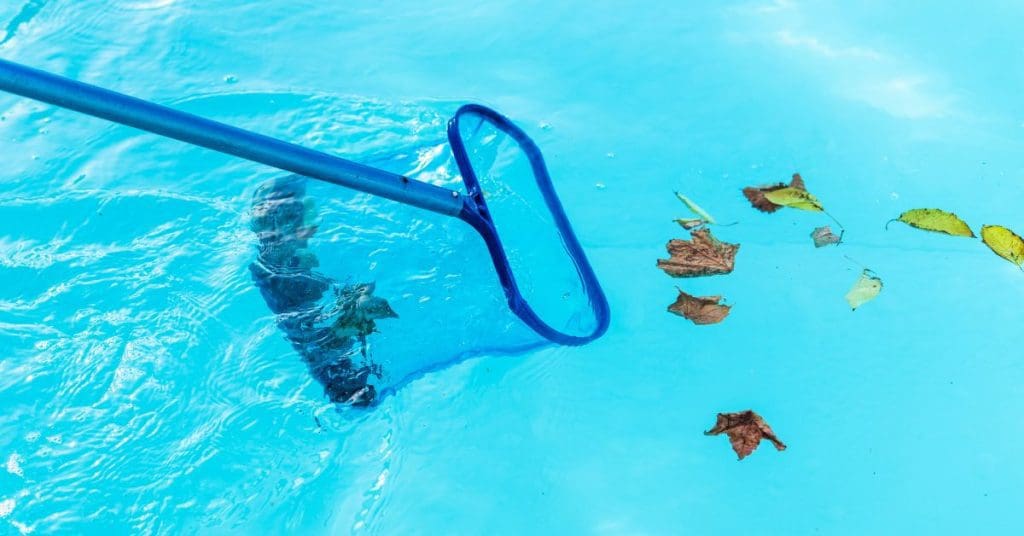Owning a pool in Utah is a luxury that offers endless hours of fun, relaxation, and a perfect escape from the summer heat. However, with this luxury comes the responsibility of regular maintenance to ensure your pool remains safe, clean, and inviting. Today, let’s assess the importance of regular pool maintenance to see how actionable steps keep your pool in top shape year-round.
What Constitutes Regular Pool Maintenance?
Whether you’re a first-time or seasoned pool owner, it’s important to recognize the specific tasks of pool ownership. Regular pool maintenance involves several routine tasks that keep your pool clean and functional. These include:
- Skimming and Vacuuming: Remove debris like leaves, insects, and dirt from the water surface and pool floor.
- Checking pH Levels: Ensure the water’s pH is balanced to prevent skin irritation and corrosion of pool equipment.
- Brushing Pool Walls and Tiles: Prevent algae and calcium buildup by scrubbing the walls and tiles.
- Cleaning the Pool Filter: Maintain efficient filtration by regularly cleaning or replacing the filter.
- Checking Water Levels: Ensure the water level is appropriate to allow for proper filtration and circulation.
- Inspecting Pool Equipment: Regularly check pumps, heaters, and other equipment to ensure they are functioning correctly.
Benefits of Regular Pool Maintenance
Owning a pool requires continuous care. Although some tasks can be tedious, they pay off in the long run. Review these benefits of regular maintenance for more insight.
Health and Safety
Regular maintenance prevents algae growth and removes harmful bacteria, ensuring your pool water is safe for swimming. Proper chemical balance kills pathogens that can cause infections, rashes, and other health issues. Maintaining clean water also prevents the spread of waterborne diseases.
For example, Legionella, the bacterium responsible for Legionnaires’ disease, flourishes in poorly maintained water. This disease can cause severe pneumonia and flu-like symptoms, significantly risking the health of children, the elderly, and individuals with compromised immune systems. Cryptosporidium, another pathogen present in inadequately sanitized pool water, can lead to gastrointestinal illness, manifesting as diarrhea, cramps, and fever.
Cost Savings
Routine maintenance can prevent expensive repairs by addressing minor issues before they become major problems. For example, keeping the water balanced prevents corrosion and damage to the pool equipment, saving you from costly replacements. Additionally, regularly cleaning the filter and skimmer baskets helps to maintain proper water flow and filtration, preventing clogs and ensuring the pool’s systems run efficiently.
Extended Pool Lifespan
Proper care can extend the life of your swimming pool and its components. Frequent cleaning and maintenance prevent wear and tear, ensuring your pool remains functional and aesthetically pleasing for many years.
Furthermore, monitoring and adjusting pool chemicals protects the pool’s lining, equipment, and surfaces from damage due to imbalances. This preventative measure helps avert algae growth and harmful bacteria, which can degrade pool materials and cause health issues.
Enhanced Pool Performance
Regular pool maintenance is important because it ensures efficient filtration and circulation systems, which keep the water clean and clear. Well-maintained equipment operates more efficiently, reducing energy consumption and operational costs. Additionally, addressing minor issues promptly through regular checks can prevent major malfunctions or breakdowns, further avoiding costly repairs and replacements.
Aesthetic Appeal
A well-maintained pool looks inviting and enhances the overall appeal of your backyard. Regular cleaning prevents unsightly stains, algae buildup, and cloudy water, ensuring your pool always looks its best. Plus, no one wants to dive into a pool that looks neglected or unclean. Good pool hygiene plays a vital role in maintaining its look and ensuring it’s always ready for use.

Common Pool Maintenance Mistakes to Avoid
Pool owners should avoid these common maintenance mistakes that can lead to costly issues. Here are some common pitfalls to avoid:
- Improper Chemical Use: Using too much or too little chemicals can lead to imbalanced water, which can cause skin irritation and pool damage.
- Infrequent Cleaning: Skipping regular cleaning can lead to algae growth, clogged filters, and dirty water.
- Ignoring Equipment Maintenance: Failing to inspect and maintain pool equipment can result in costly repairs or replacements.
- Neglecting Water Levels: Not maintaining the proper water level can affect the pool’s filtration system and lead to equipment damage.
DIY Pool Maintenance Tips
To maintain a clean and functional pool, establishing a routine is essential. A well-structured maintenance schedule should include weekly tasks such as skimming the surface, vacuuming, brushing the walls, checking pH levels, and cleaning the skimmer basket.
Monthly responsibilities should include inspecting and cleaning the filter, adjusting chemical levels, and checking pool equipment for any issues. Equally important is choosing the right tools and supplies for pool maintenance.
Essential items include a pool skimmer and vacuum for debris removal and a pool brush for scrubbing walls and tiles. Additionally, a water test kit to balance chemical levels and pool filter cleaner are important too. If necessary, you can incorporate an algaecide to prevent algae growth.
Balancing chemicals is a critical component of pool care. Regular testing of the water is necessary to maintain a pH level between 7.2 and 7.6 and to ensure chlorine levels are adequate for sanitizing the water.
When to Call in the Professionals
While you can complete many maintenance tasks, there are times when hiring a pool repair service is beneficial. Professionals have the expertise and tools to handle more complex issues, such as equipment repairs, deep cleaning, and chemical balancing. They can also provide regular inspections to identify potential problems early.
You should consider hiring a professional if you encounter:
- Persistent Algae Growth: If algae keep returning despite your efforts, an expert can identify and address the underlying issue.
- Equipment Malfunctions: If your pool pump, heater, or other equipment isn’t working correctly, someone can diagnose and repair the problem.
- Chemical Imbalances: If you struggle to balance the water chemistry, a professional can ensure the correct levels are maintained.
- Structural Issues: Cracks, leaks, or other structural problems require specialized assessments and repair.

Incorporating Technology in Pool Maintenance
Innovative tools and technologies improve pool maintenance, reducing manual effort. Automatic cleaners, such as robotic devices, perform routine cleaning tasks autonomously, freeing up your time.
Smart monitoring systems deliver real-time data on water quality and chemical levels, allowing timely adjustments from virtually anywhere. Additionally, saltwater chlorinators offer a convenient solution for sanitization by generating chlorine from salt, which minimizes the need for frequent manual chemical additions.
Final Thoughts
Regular maintenance ensures a safe, enjoyable, and beautiful pool. You can keep your swimming pool pristine by following a routine schedule, using the right tools, and knowing when to call in the professionals.
